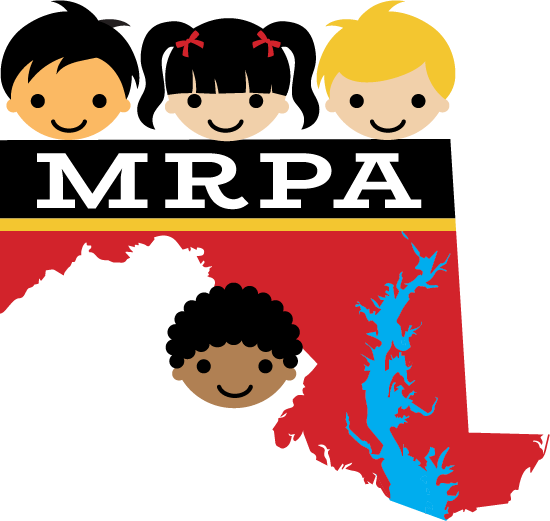Links to Maryland Department of Human Resources Policies
Contains links to useful information for Adoption, Foster Care, Providers and Other Services.
DHR Resources
Documents to Download
[wpfilebase tag=browser id=26 /]
Links
Foster Care Reimbursements and Allowances
Foster parents receive a monthly rate for the care of foster children. The regular foster care rate is provided to children who do not require unusual care and supervision. The foster parents would provide basic physical care, well-balanced meals, maintenance of home, clothing, supervision of child’s health and dental care and offer the attention and affection appropriate to the child’s age. Some children may require unusual care and supervision in a foster home. These children may exhibit extraordinary physical, emotional or behavioral issues. These might include physical handicaps, emotional disturbances, severe learning disabilities, etc. Foster parents that receive intermediate rates are required to participate in various treatment plans, trainings, provide prescribed physical care, and other tasks as deemed appropriate.
StateStat is a performance-measurement and management tool implemented by Governor Martin O’Malley to make our state government more accountable and more efficient. This pages lists StateStat reports by Department. Click on the most recent Department of Human Resources link to see the latest Child Welfare statistics.
New DHR Policies
Documents to Download
[wpfilebase tag=browser id=27 /]
